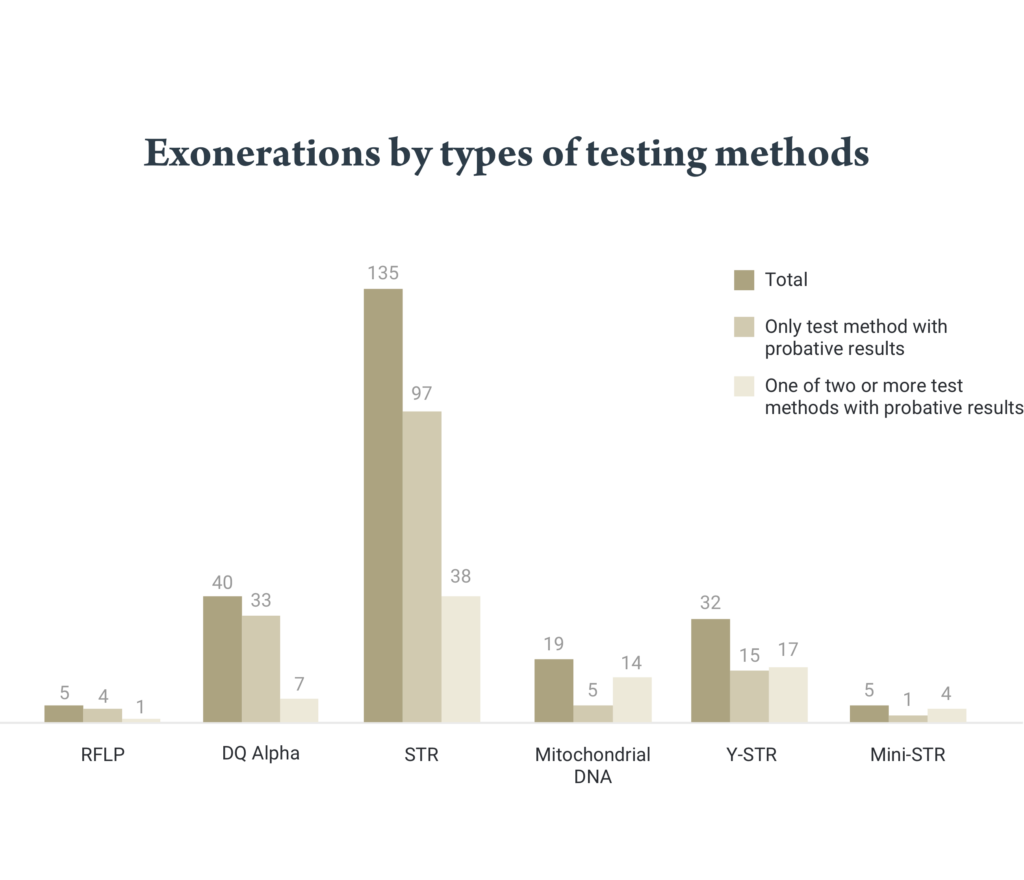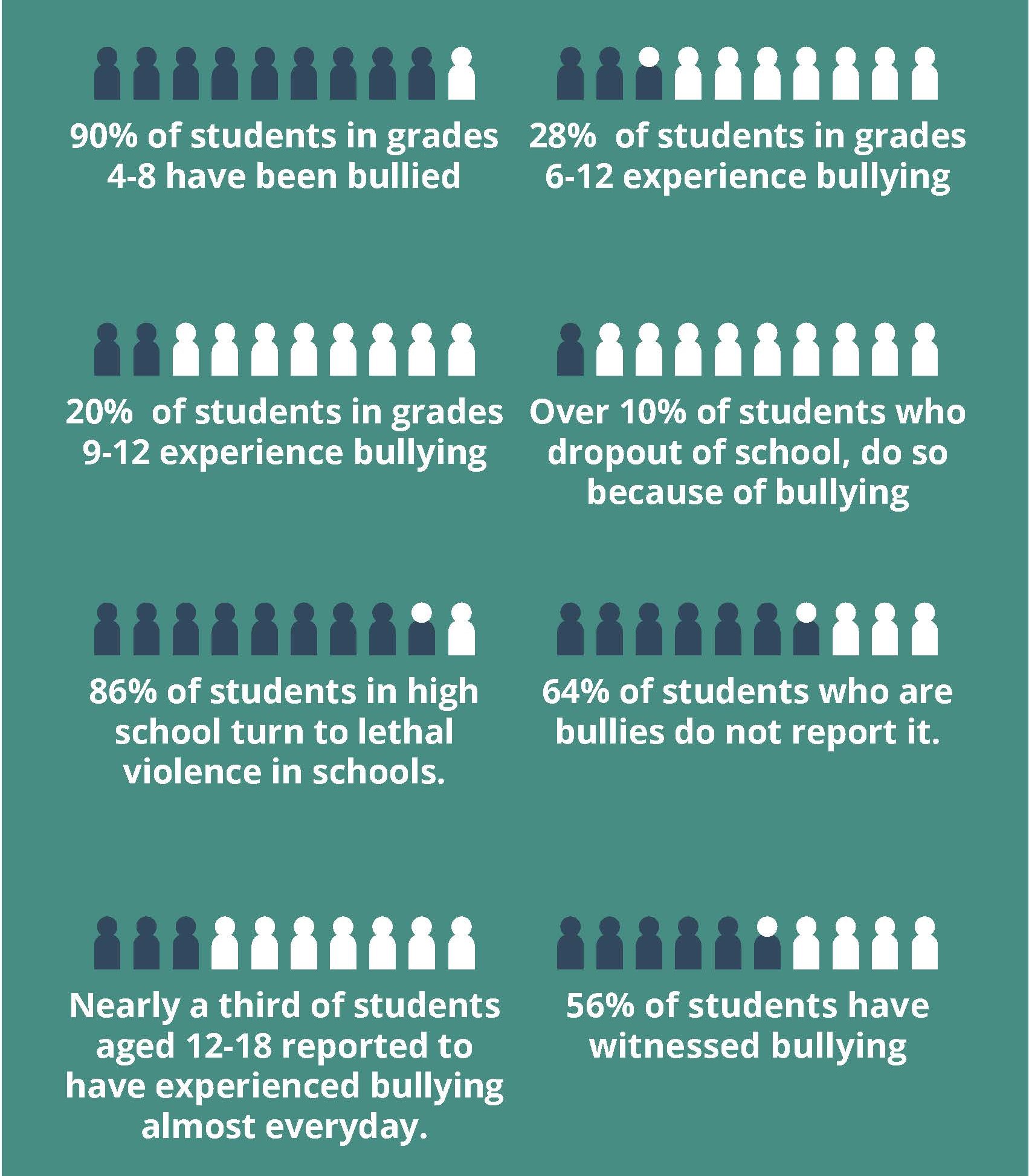Racial profiling
Table of Contents
Table of Contents
Racial profiling is a contentious issue that continues to rock our society. It is a form of discrimination that undermines the fundamental principles of equity and fairness. In this blog post, we will delve into the statistics of racial profiling in en_us language and explore its impact on communities of color.
The Pain Points of Racial Profiling Statistics
Statistics of racial profiling reveal that the practice is pervasive in law enforcement and other public institutions. Such profiling unfairly singles out individuals who belong to specific ethnicities or races, resulting in negative experiences that can range from harassment to loss of liberty. The impact of racial profiling can shatter individuals’ trust in law enforcement and government institutions.
The Target of Statistics of Racial Profiling
The primary objective of statistics of racial profiling is to create awareness about the extent of discrimination that exists in our society. The figures reveal the magnitude of the problem and prove that racial profiling continues to be a prevalent practice. By highlighting these data, communities can push for systemic change to address this issue.
Summary of the Main Points Related to Statistics of Racial Profiling
Statistics of racial profiling reveal that communities of color continue to face systemic oppression, with law enforcement and other institutions profiling individuals based on their race. This practice undermines the principles of equity and fairness and further alienates marginalized groups. By creating awareness of these figures, communities can push for systemic change and demand fair treatment for all.
The Impact of Racial Profiling: An Example
One of the most significant impacts of racial profiling is the erosion of an individual’s sense of safety and security. I remember a time when I was walking through a predominantly white neighborhood, and a police vehicle pulled up behind me. The police officer asked to search my bag and had no probable cause. I felt scared and humiliated. This was an experience that I will never forget. Such incidents highlight the impact of racial profiling on individuals.
 The Prevalence of Racial Profiling in Law Enforcement
The Prevalence of Racial Profiling in Law Enforcement
Racial profiling remains a massive problem in law enforcement, often resulting in wrongful arrests and incarcerations of individuals based on racial prejudices. Such practices result in communities of color living in constant fear and mistrust towards public institutions. The resulting impact on such communities includes low self-esteem, mistrust of authority, and feelings of disempowerment.
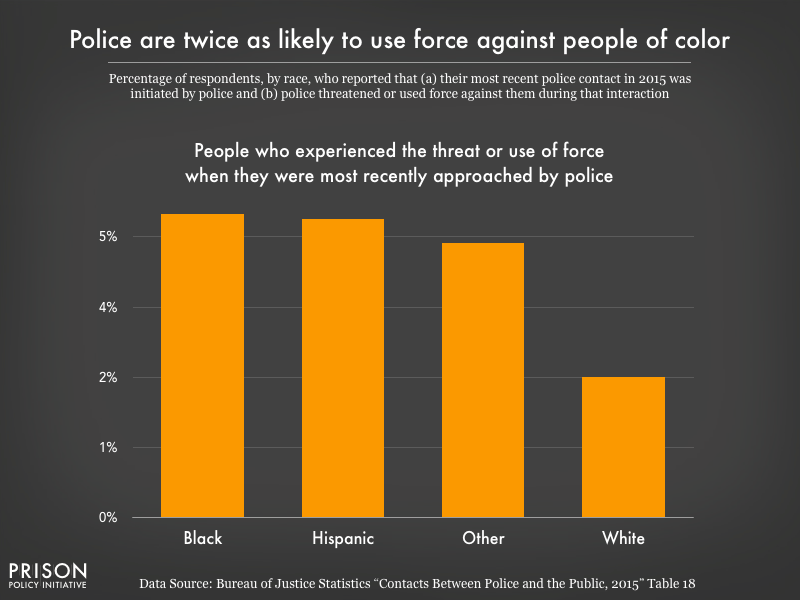 ### The Correlation Between Race and Police Use of Force
### The Correlation Between Race and Police Use of Force
Various studies show that racial profiling by law enforcement leads to the use of excessive force against people of color. Such practices have resulted in the killing of unarmed people of color, such as George Floyd and Breonna Taylor. Police violence also has a significant impact on people’s mental health, causing PTSD and other psychological disorders.
The Importance of Eliminating Racial Bias in Law Enforcement
It’s critical that we eliminate racial bias in law enforcement if we hope to create an equitable society. One of the ways we can achieve this is by reimagining policing methods and introducing policies that eliminate systemic discrimination. Body cameras, unbiased recruitment strategies, and creating community-led policing initiatives are some of the ways we can begin to combat racial profiling in law enforcement.
Question and Answer
Q. Are people of color more likely to be arrested than white people?
A. Yes. Studies show that people of color are more likely to be arrested and convicted than white people.
Q. Are there differences in how people of color and white people are treated by law enforcement?
A. Yes. Studies show that people of color are more likely to be subjected to excessive force and wrongful arrests by police officers.
Q. What can be done to address racial profiling in law enforcement?
A. We can address racial profiling in law enforcement by introducing policies that eliminate systemic bias, such as community policing initiatives and unbiased recruitment strategies.
Q. What is the impact of racial profiling on communities of color?
A. The impact of racial profiling on communities of color is significant, leading to feelings of mistrust towards authority and disempowerment.
Conclusion of Statistics of Racial Profiling
Racial profiling is a pervasive problem in our society that undermines the principles of equity and fairness. It is critical that we address this practice by raising awareness of the statistics of racial profiling and combating systemic bias in law enforcement institutions. By doing so, we can begin to create a more equitable and just society for all.
Gallery
Police Stops Are Still Marred By Racial Discrimination, New Data Shows

Photo Credit by: bing.com / force use police against graph people likely data racial twice statistics discrimination stops justice policing color shows graphs table showing
Building Public Confidence: Racial Profiling Infographic | ACLU Of Nebraska
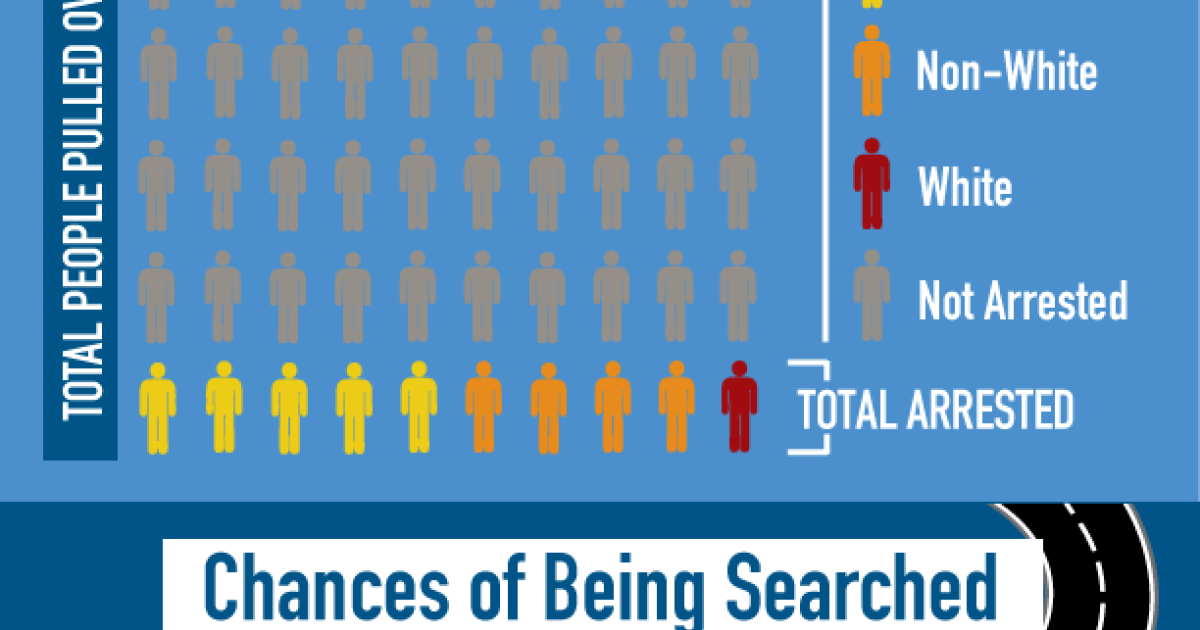
Photo Credit by: bing.com / racial profiling
Building Public Confidence: Racial Profiling Infographic | ACLU Of Nebraska
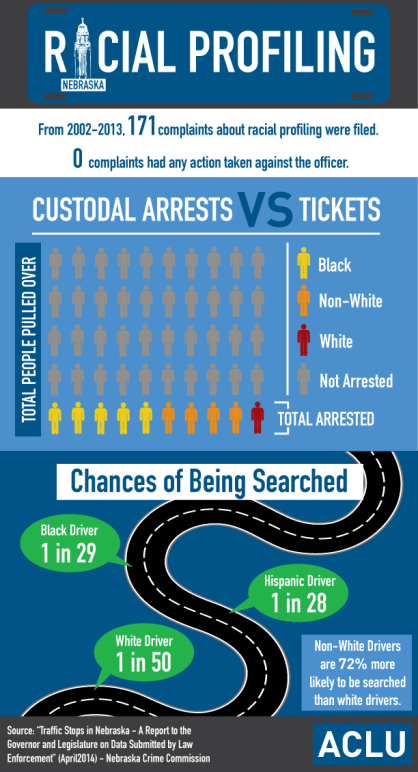
Photo Credit by: bing.com / profiling racial
17 Rare Airport Racial Profiling Statistics - BrandonGaille.com

Photo Credit by: bing.com / justice system profiling airport criminal racial statistics people american rare mistreats brandongaille african states united within related posts over
Statistics And Facts On Racial Profiling - Racial Profiling
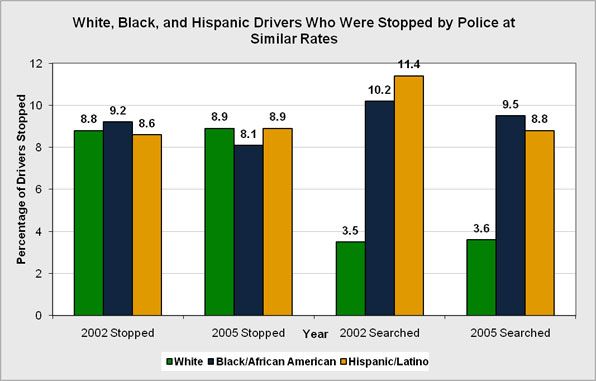
Photo Credit by: bing.com / racial profiling statistics crime police graph facts stopped justice survey race graphs bureau percentages drivers department victimization national hispanic song

